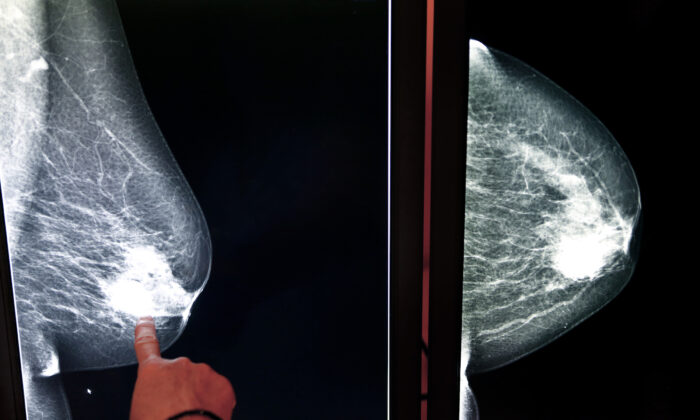Leading oncologists are sharing crucial information during Breast Cancer Awareness month about detection, treatment, and support. A breast cancer diagnosis can be life-altering, but advancements in medical care and personalized treatment approaches offer more hope than ever before. It is vital for all women to understand their risk factors, regardless of family history, and to undergo screening starting at age 40.
Risk factors for breast cancer can vary among women, with genetics playing a significant role. Lifestyle choices, such as alcohol intake and maintaining a healthy weight, can also impact a woman’s risk. Ethnicity can also influence risk levels. Routine annual screening is crucial for early detection, which can lead to better treatment outcomes. However, mammograms come with risks such as radiation exposure, false results, and overdiagnosis.
Personalized care is essential in treating breast cancer, as each woman’s experience is unique. Treatment options can include surgery, radiation therapy, and systemic therapy, depending on the type of tumor, size, patient age, and other factors. Recent innovations, such as immunotherapy medication Pembrolizumab, have expanded treatment possibilities for aggressive types of breast cancer.
Emotional health and support systems are crucial during a breast cancer diagnosis and treatment. Connecting with mental health professionals and joining support groups can help manage the stress of a cancer diagnosis. Creating a strong support network that includes medical professionals and patient navigators is essential for successful treatment. Trusting your healthcare team is key, as treatment options can vary based on the specific type and stage of cancer.
Overall, taking care of your emotional health is just as important as addressing the physical aspects of breast cancer. Having a strong support system and being informed about treatment plans can help women navigate the challenges of a breast cancer diagnosis with confidence and resilience.
For individuals who lack sufficient support, there are support groups available, she mentioned.
Receiving a cancer diagnosis can have a significant impact on emotional well-being. Ochoa emphasized the importance of addressing mental health as part of the overall treatment plan.
She recommends seeking assistance from licensed professionals such as social workers and psychologists who specialize in oncology, as well as participating in support groups, either in person or online. Connecting with others who have similar experiences can offer comfort and valuable coping mechanisms.
Getting a breast cancer diagnosis can be extremely overwhelming, but Cen stressed that the emotional well-being of the patient is consistently addressed as part of the treatment.
“I always inquire when [patients] come in,” Cen stated. “Sometimes they come in alone for these discussions and I ask if there is someone we can call, a loved one, family member, friend, or someone else who can listen in.”





